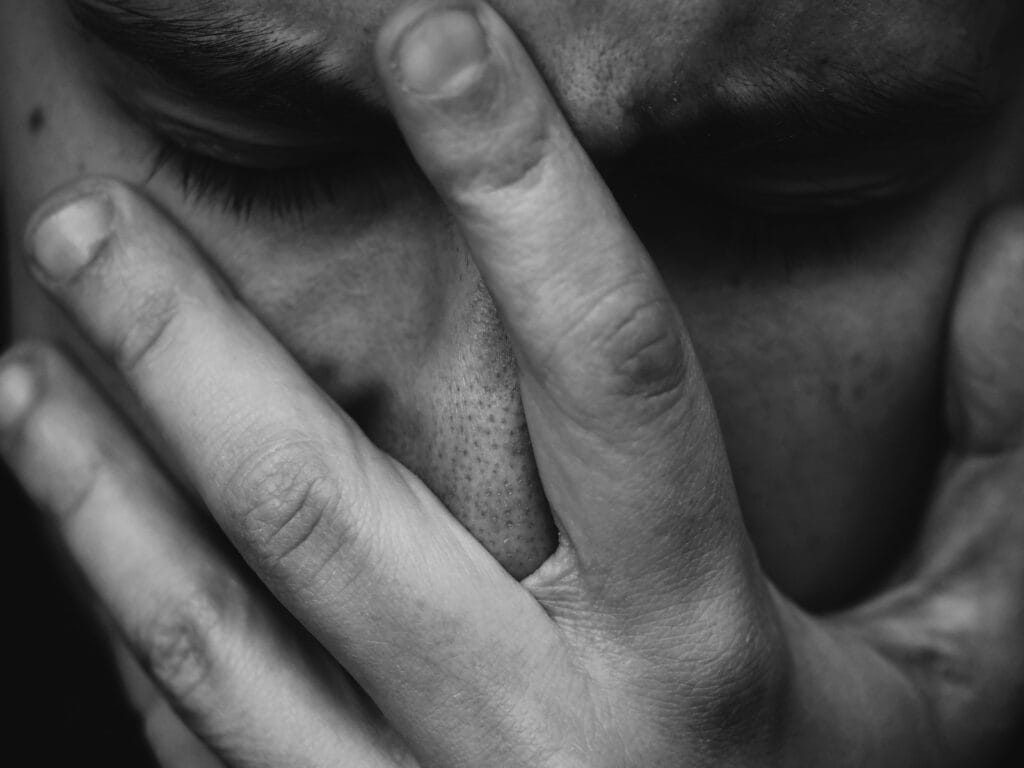Constipation is a simple condition that most people experience at some point in their lives. However, it often goes unnoticed and can lead to serious health conditions if left untreated for too long. In this article, we will discuss why constipation leads to headaches and what can be done about it.
Key Concepts and Top Takeaways
– Stay hydrated by drinking plenty of water throughout the day.
– Increase fiber intake through fruits, vegetables, and whole grains.
– Establish a regular bathroom routine to encourage bowel movements.
– Avoid excessive caffeine and alcohol, which can worsen constipation.
– Engage in regular physical activity to stimulate digestion.
– Consider probiotics to support gut health and regularity.
– Monitor your diet for foods that may trigger constipation.
– Manage stress through relaxation techniques like yoga or meditation.
– Consult a healthcare professional if constipation persists for more than a few days.
– Keep track of symptoms to identify patterns and triggers effectively.

Please Note: This post may contain affiliate links. If you click one of them, we may receive a commission at no extra cost to you. As an Amazon Associate, I earn from qualifying purchases.
Constipation, a common condition that affects up to 60% of children and 40% of adults in the United States, is commonly treated with laxatives or dietary changes. However, many people are unaware that constipation can lead to a headache as well.
One potential reason for this is increased pressure on nerves in the pelvic region when stool retention is present. Additionally, when fecal matter stays inside the intestine for too long it becomes hard and dry, which can cause headaches.
People often underestimate the power that constipation can have on their health. Constipation, which is the passage of infrequent, hard, or difficult-to-pass stools, may result in abdominal pain and discomfort. It can also lead to a headache and backache, since the colon spasms when empty, creating a pressure that radiates throughout the body. In most cases of constipation, this will pass once the person starts to eat more fiber and drink plenty of water.
It Is Possible That Anxiety Could Lead To Constipation
Constipation can be a very uncomfortable condition that needs to be addressed. People that suffer from constipation often report feeling bloated, cramping, and embarrassed. However, research suggests the problem may not be solely physical. It has been shown in studies that people who are anxious are more likely to experience constipation and other gastrointestinal problems.

Few things are as embarrassing as suffering from constipation, feeling bloated and uncomfortable. There are many causes of this condition, including psychological stress and inactivity. It is possible that anxiety could lead to constipation. When we feel anxious, our digestive system slows down, which may cause constipation. The brain also sends messages to the stomach telling it not to empty its contents, so the food can be digested better, which may cause constipation.
There are a variety of causes for constipation. One cause, which is often left overlooked, is anxiety. Anxiety could lead to constipation by releasing hormones that slow down the intestines and make it difficult to get full. This article will explore how anxiety can lead to constipation and what potential treatments might be considered.
Calming Herbs and Gentle Laxatives to Combat Constipation
In a world where we have less time to make healthier choices, stress-induced constipation is more and more common. The good news? There are some natural ways to combat this problem before it mounts up and becomes life-threatening. In this article, you will find a list of calming herbs that can be used as an alternative to over the counter laxatives.
It's common for people to experience occasional constipation, but chronic constipation can be debilitating and embarrassing, causing sufferers to feel isolated and ashamed. Constipation is a common symptom of IBS, Crohn's disease and other digestive disorders. Fortunately, there are natural herbs and gentle laxatives that will have your bowels moving like clockwork again in no time.
Constipation is a frustrating problem that affects many people at some point in their lives.
Some people may move their bowels only once a week or less. Constipation can be caused by a change in diet, such as lack of fiber or not eating enough liquids, but it often has other causes, such as irritable bowel syndrome and spinal cord injuries. When faced with constipation, many turn to laxatives. However, these drugs can cause diarrhea that is worse than the constipation itself and are not safe for long-term use.

Kevin Collier is a seasoned health writer at Otchut.com, specializing in over-the-counter medicines, common medical ailments, and general health topics. With a background in healthcare and a passion for making medical information accessible, Kevin aims to empower readers with knowledge to make informed health decisions. When he's not writing, he enjoys researching the latest in health trends and advocating for wellness in his community.




